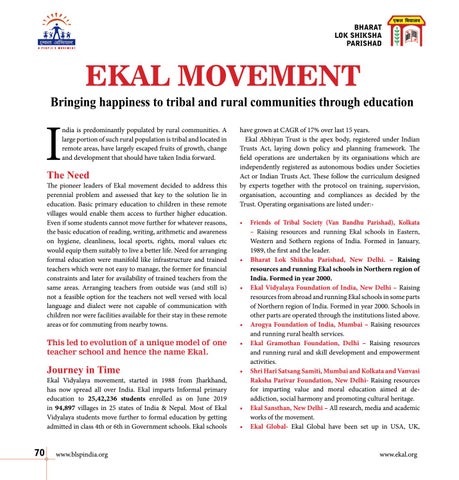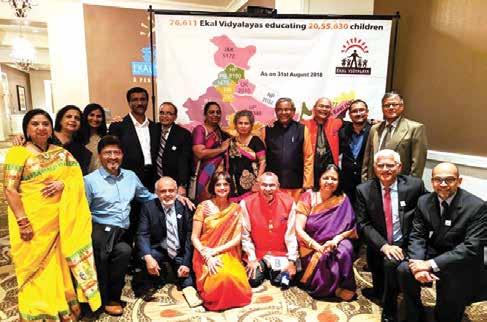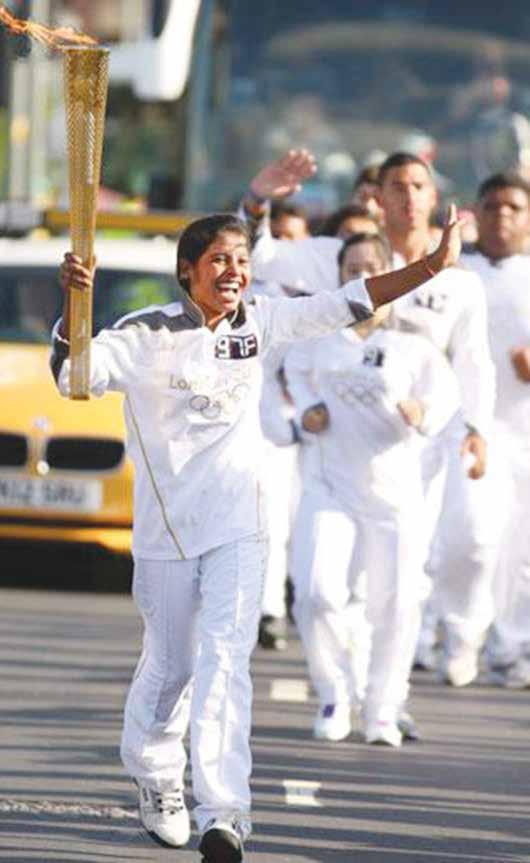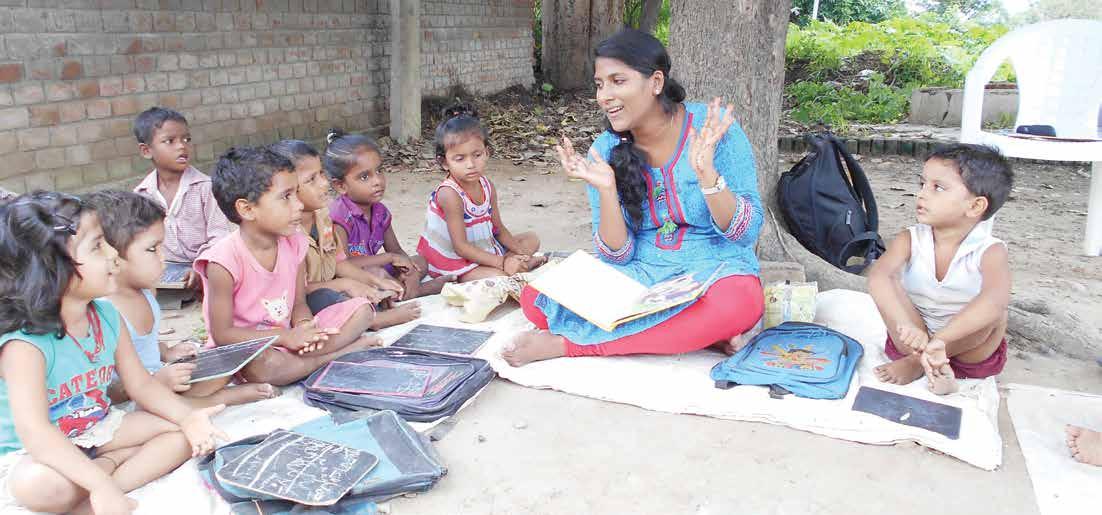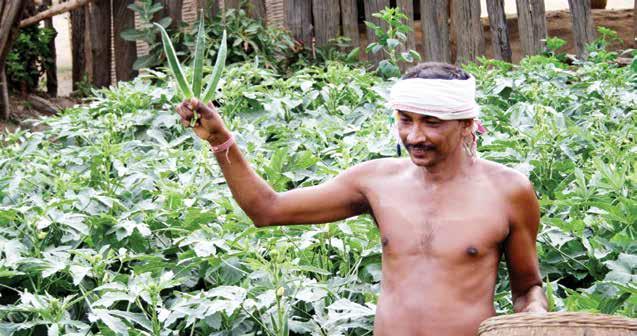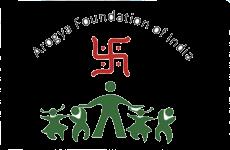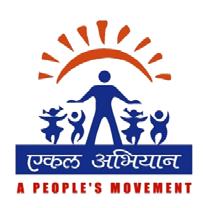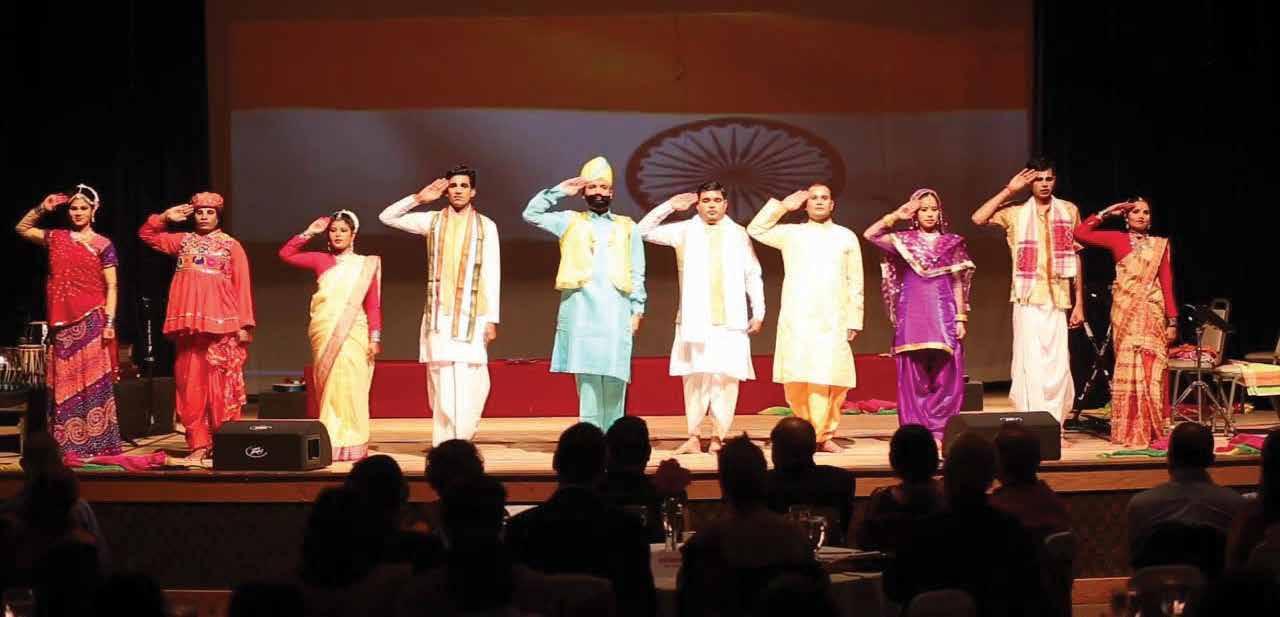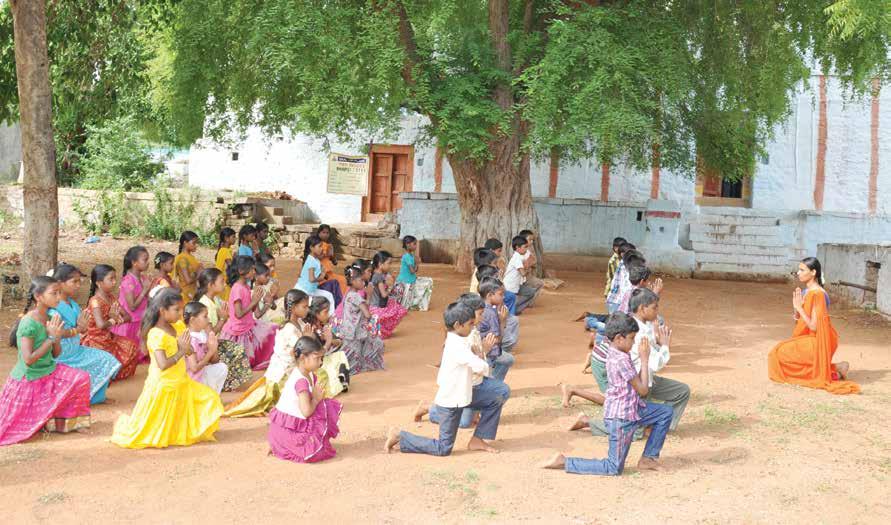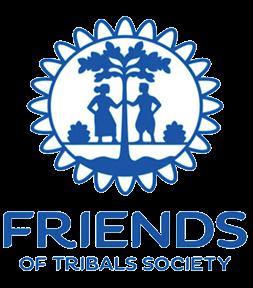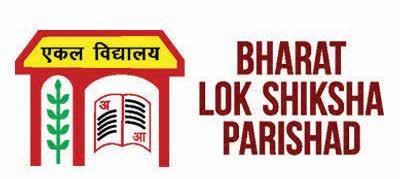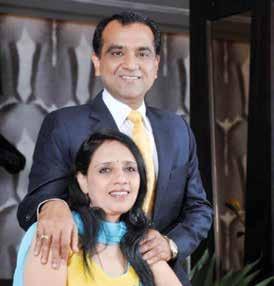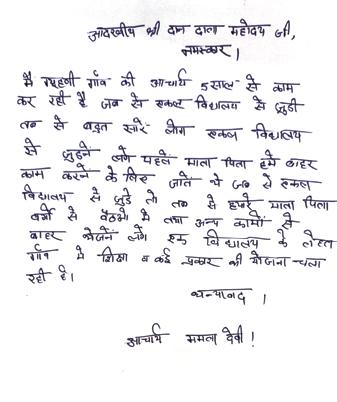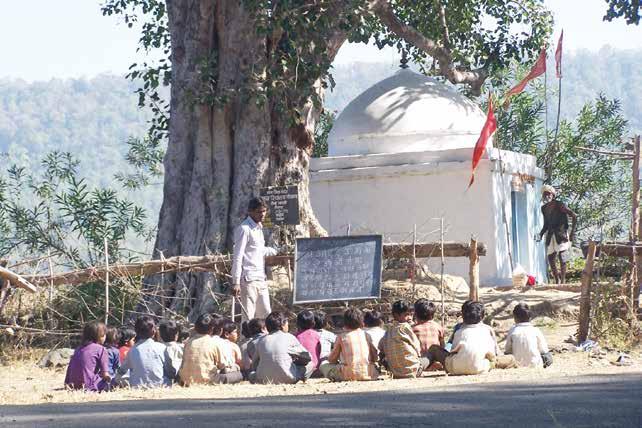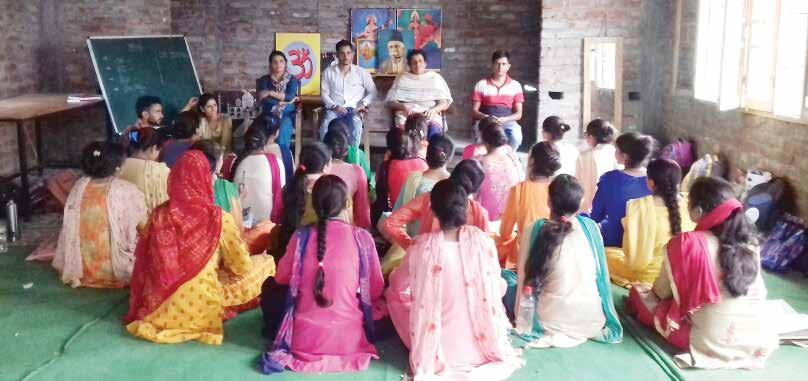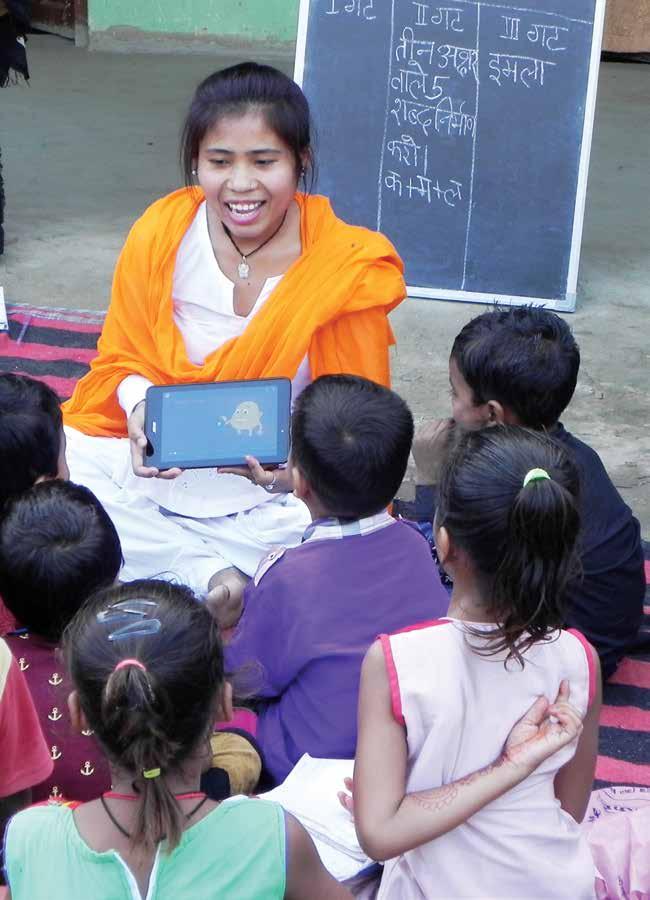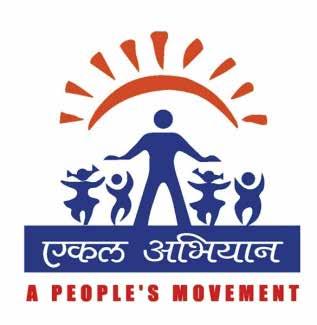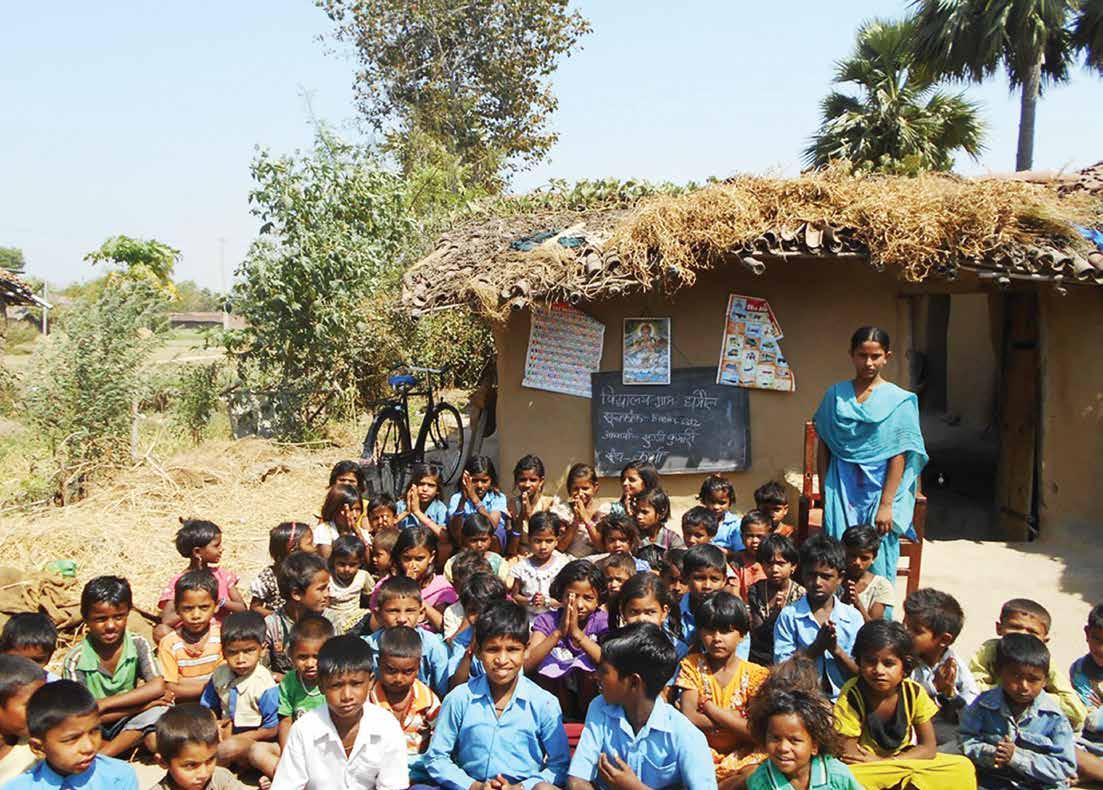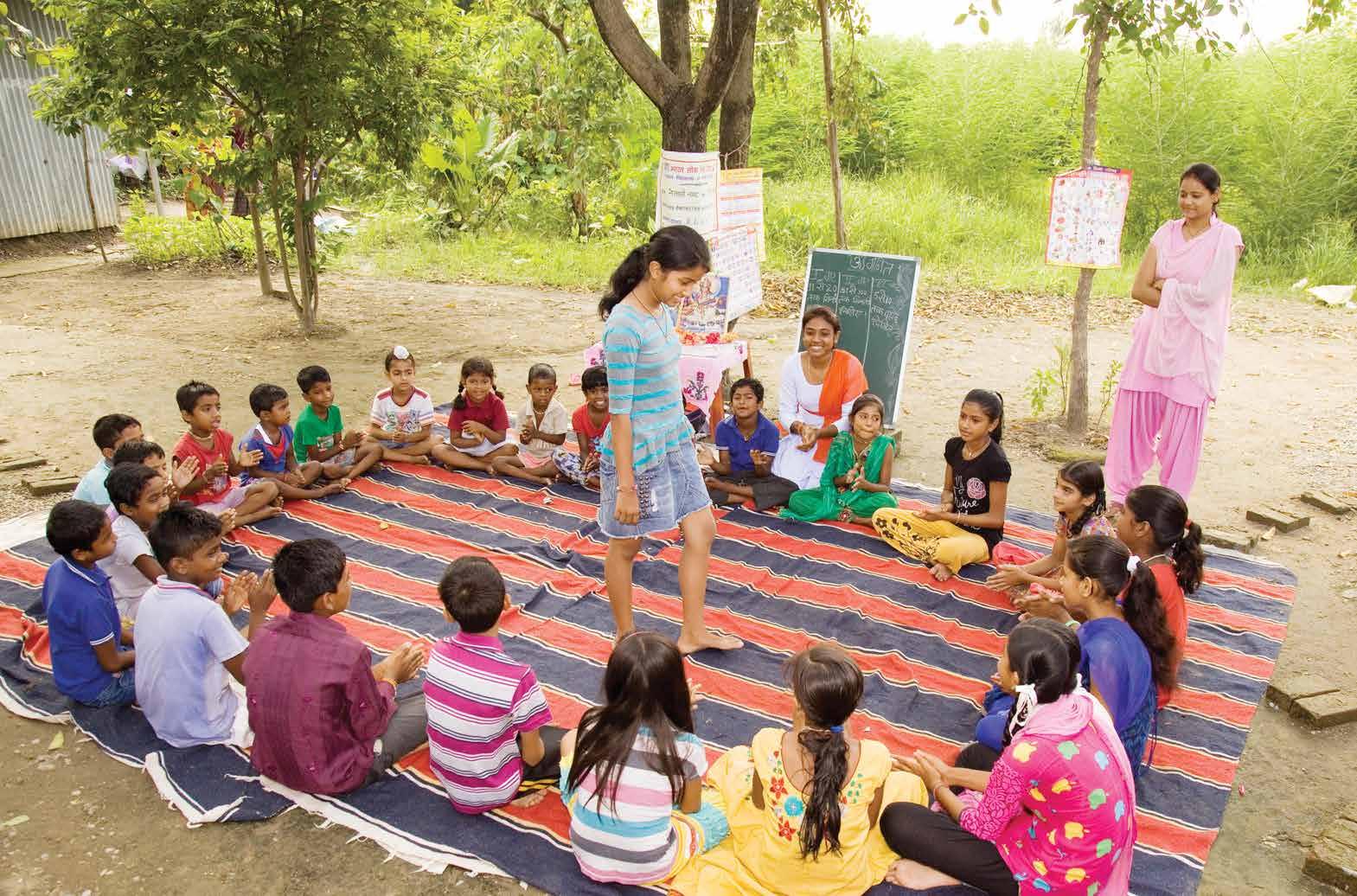Bharat Lok Shiksha Parishad
EKAL MOVEMENT Bringing happiness to tribal and rural communities through education
I
ndia is predominantly populated by rural communities. A large portion of such rural population is tribal and located in remote areas, have largely escaped fruits of growth, change and development that should have taken India forward.
The Need The pioneer leaders of Ekal movement decided to address this perennial problem and assessed that key to the solution lie in education. Basic primary education to children in these remote villages would enable them access to further higher education. Even if some students cannot move further for whatever reasons, the basic education of reading, writing, arithmetic and awareness on hygiene, cleanliness, local sports, rights, moral values etc would equip them suitably to live a better life. Need for arranging formal education were manifold like infrastructure and trained teachers which were not easy to manage, the former for financial constraints and later for availability of trained teachers from the same areas. Arranging teachers from outside was (and still is) not a feasible option for the teachers not well versed with local language and dialect were not capable of communication with children nor were facilities available for their stay in these remote areas or for commuting from nearby towns.
This led to evolution of a unique model of one teacher school and hence the name Ekal.
Journey in Time Ekal Vidyalaya movement, started in 1988 from Jharkhand, has now spread all over India. Ekal imparts Informal primary education to 25,42,236 students enrolled as on June 2019 in 94,897 villages in 25 states of India & Nepal. Most of Ekal Vidyalaya students move further to formal education by getting admitted in class 4th or 6th in Government schools. Ekal schools
70
www.blspindia.org
have grown at CAGR of 17% over last 15 years. Ekal Abhiyan Trust is the apex body, registered under Indian Trusts Act, laying down policy and planning framework. The field operations are undertaken by its organisations which are independently registered as autonomous bodies under Societies Act or Indian Trusts Act. These follow the curriculum designed by experts together with the protocol on training, supervision, organisation, accounting and compliances as decided by the Trust. Operating organisations are listed under:• Friends of Tribal Society (Van Bandhu Parishad), Kolkata – Raising resources and running Ekal schools in Eastern, Western and Sothern regions of India. Formed in January, 1989, the first and the leader. • Bharat Lok Shiksha Parishad, New Delhi. – Raising resources and running Ekal schools in Northern region of India. Formed in year 2000. • Ekal Vidyalaya Foundation of India, New Delhi – Raising resources from abroad and running Ekal schools in some parts of Northern region of India. Formed in year 2000. Schools in other parts are operated through the institutions listed above. • Arogya Foundation of India, Mumbai – Raising resources and running rural health services. • Ekal Gramothan Foundation, Delhi – Raising resources and running rural and skill development and empowerment activities. • Shri Hari Satsang Samiti, Mumbai and Kolkata and Vanvasi Raksha Parivar Foundation, New Delhi- Raising resources for imparting value and moral education aimed at deaddiction, social harmony and promoting cultural heritage. • Ekal Sansthan, New Delhi – All research, media and academic works of the movement. • Ekal Global- Ekal Global have been set up in USA, UK,
www.ekal.org
